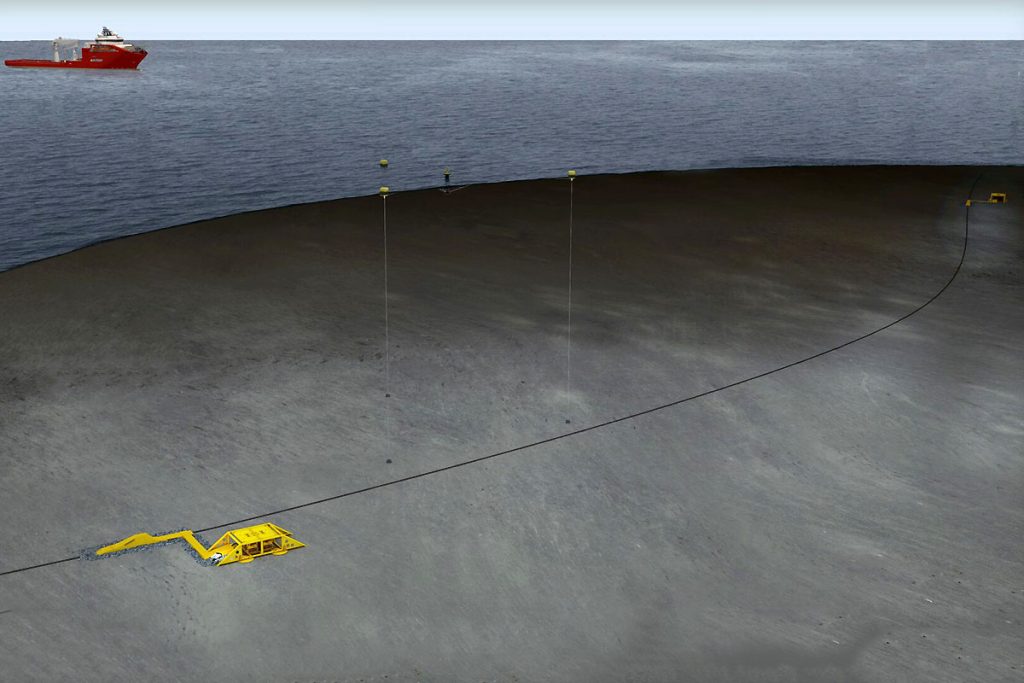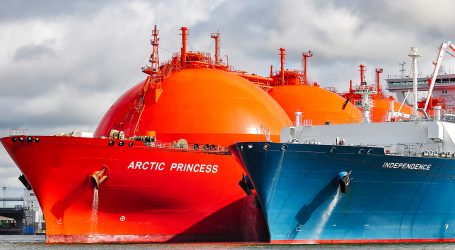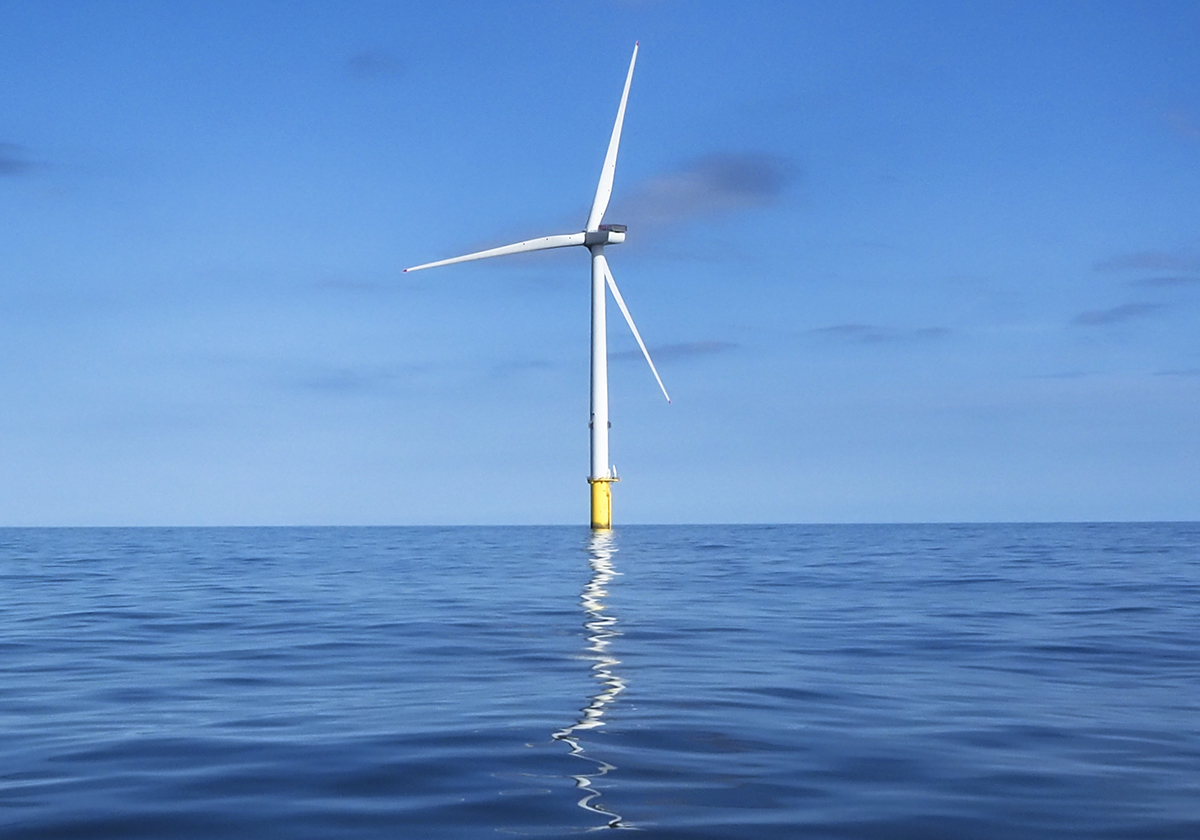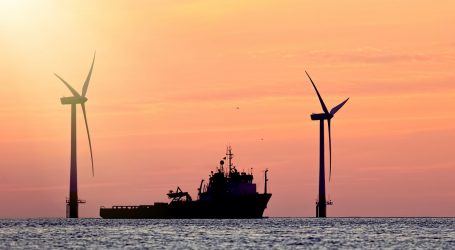Obajtek: Norwegian energy ministry approves Orlen company as operator of Polaris concession
The Norwegian energy ministry has approved an Orlen Group company as the operator of a concession in the Barents Sea, Orlen CEO Daniel Obajtek announced on Wednesday. The decision enables the company to build new competencies to decarbonise energy-intensive industries.
Orlen CEO Daniel Obajtek told Platform X on Wednesday that the Norwegian energy ministry had approved the Orlen Group company as the operator of the Polaris concession in the Barents Sea.
“Together with Horisont Energi, we will operate one of the most advanced CO2 storage projects in Norway there. The ministry’s decision enables us to build new competences that will contribute to reducing carbon emissions and increasing the competitiveness of the most energy-intensive industries,” – Obajtek added.
December 2023. PGNiG Upstream Norway of the Orlen Group signed an agreement with the Norwegian company Horisont Energi to take a 50 per cent stake in the Polaris concession, located in the Barents Sea, which will be used for carbon dioxide injection and storage.
As Orlen reported at the time, the capacity of the geological structures of the Polaris concession, attributable to PGNiG Upstream Norway’s share, was estimated at a total of about 100 million tonnes of CO2, which should enable storage operations for 12-25 years. The company indicated that the preliminary schedule assumed that, in the event of final confirmation of the assumed storage capacity, carbon dioxide injection could start at the turn of 2028 and 2029. Part of the stored CO2 will come from the ammonia plant, which Horisont Energi plans to launch as part of a separate project called ‘Barents Blue’. The remainder of the field’s capacity will be available to external parties.
In December, Orlen estimated that CO2 capture and storage or management was one of the solutions through which the company would reduce emissions related to its refining, petrochemical and mining activities by 25 per cent by the end of 2030.
It is reported that according to Orlen’s strategy, by 2030, the concern will have the capacity to store or manage 3 million tonnes of carbon dioxide per year. This potential will be used to reduce its emissions and provide services to external parties. CO2 sequestration will benefit industries where it is impossible to reduce emissions for technological reasons. These include cement plants, steel mills and the chemical industry, especially those producing fertilisers.
Orlen recalled that another of the company’s projects related to CO2 management was the construction of a marine terminal to handle carbon dioxide, which would then be transported by ship and stored under the bottom of the Baltic Sea. The investment will be carried out under the ECO2CEE project, recently included in the EU Projects of Common Interest list.
Source: PortalMorski.pl




